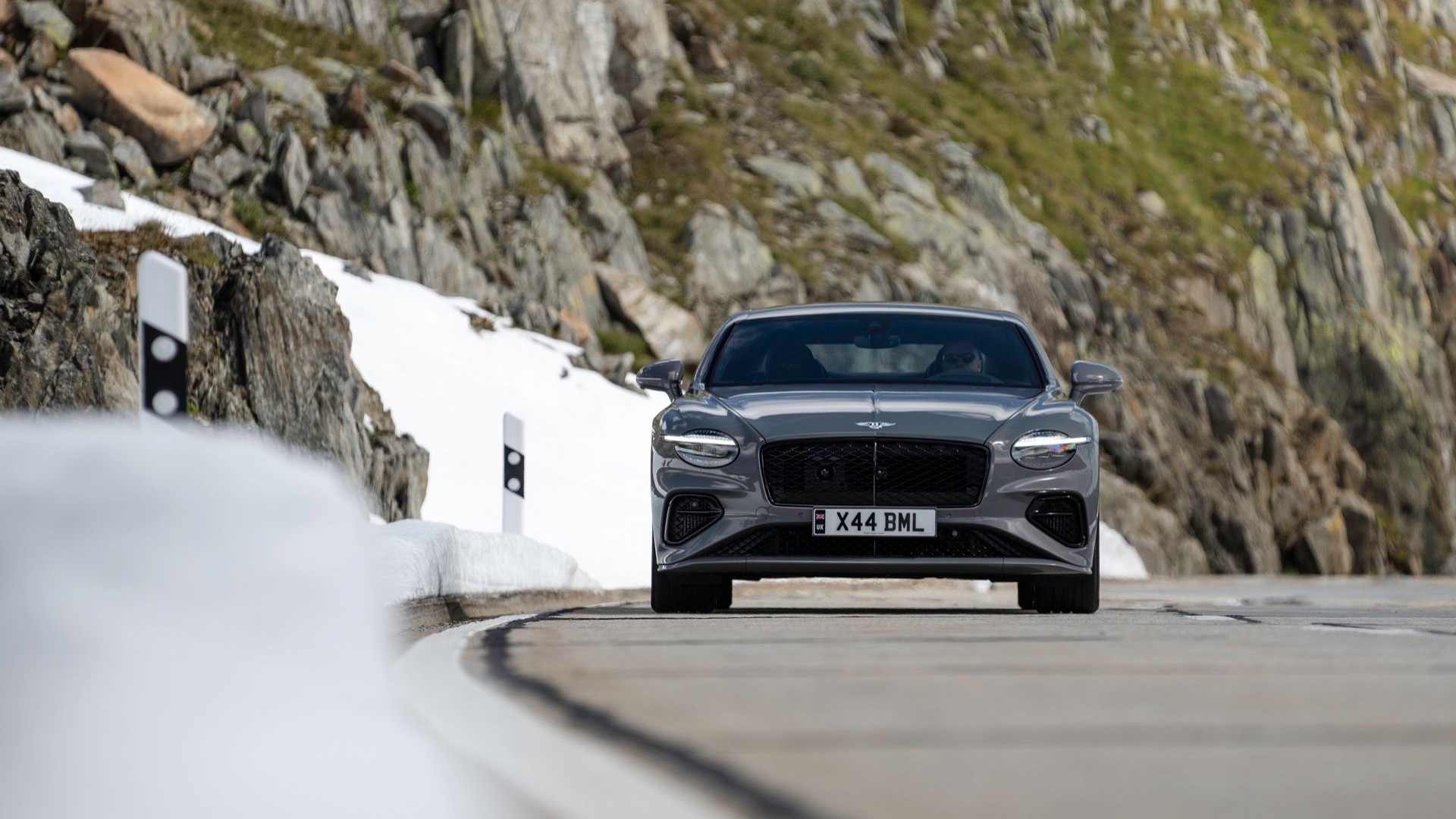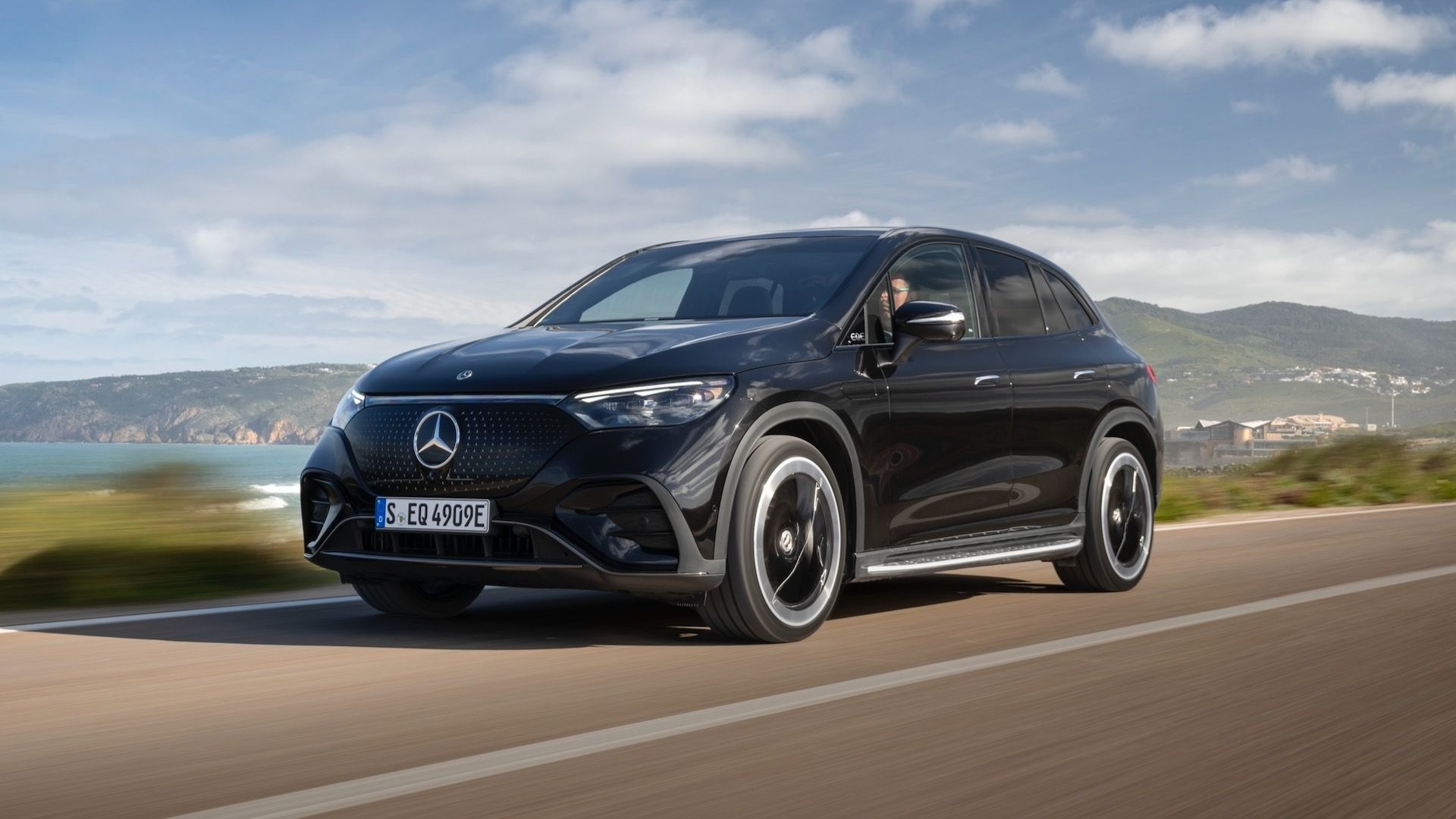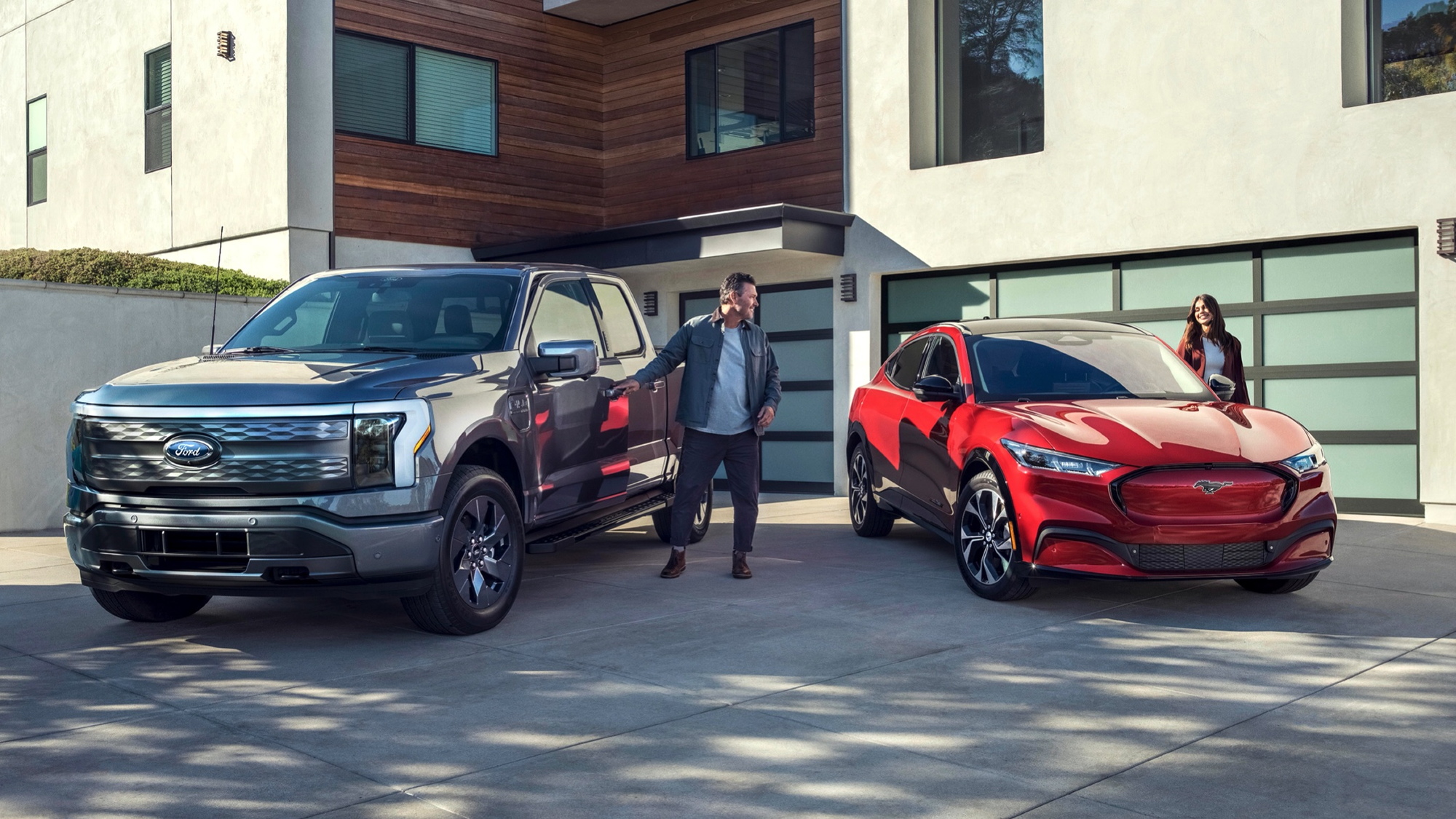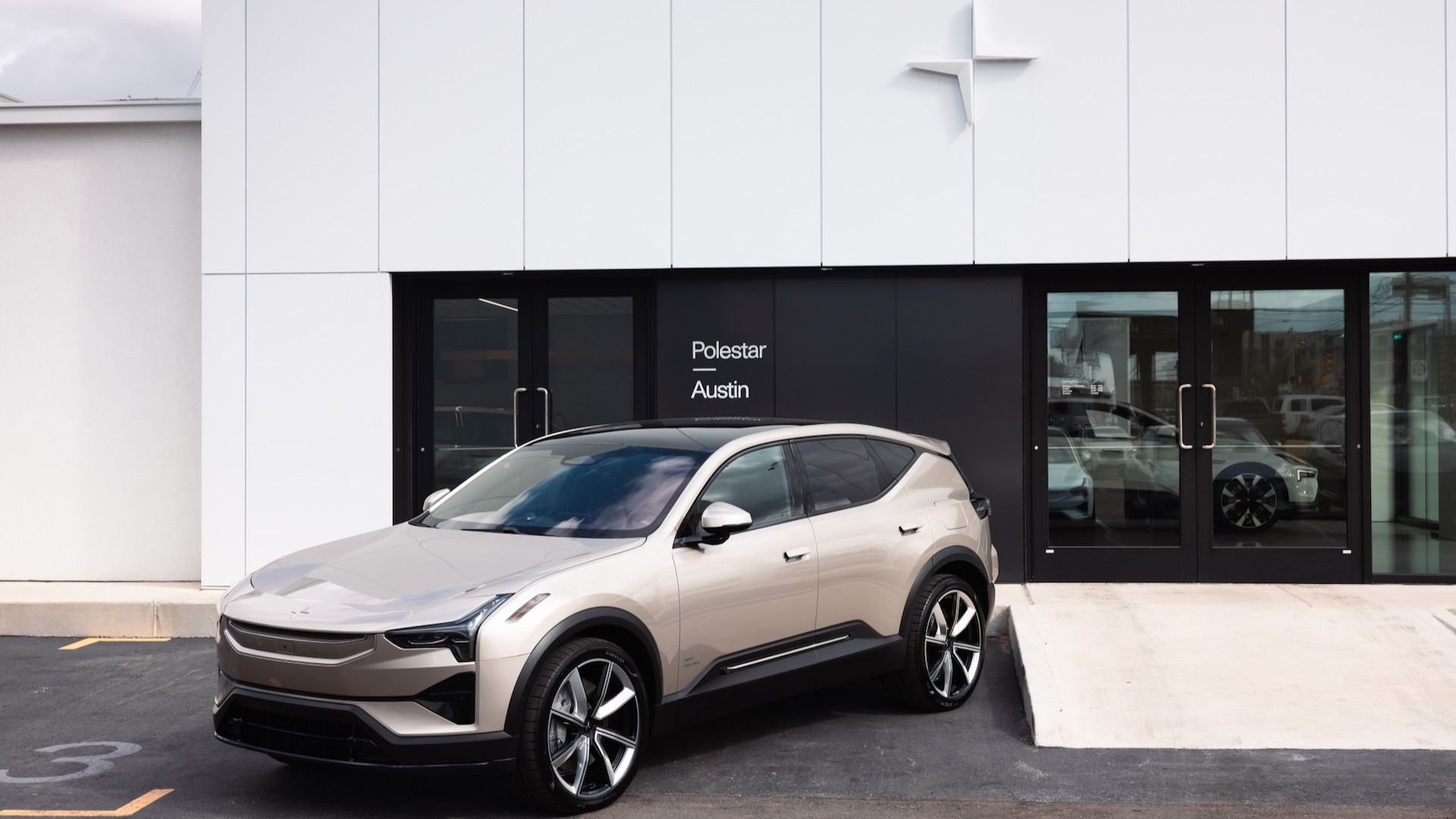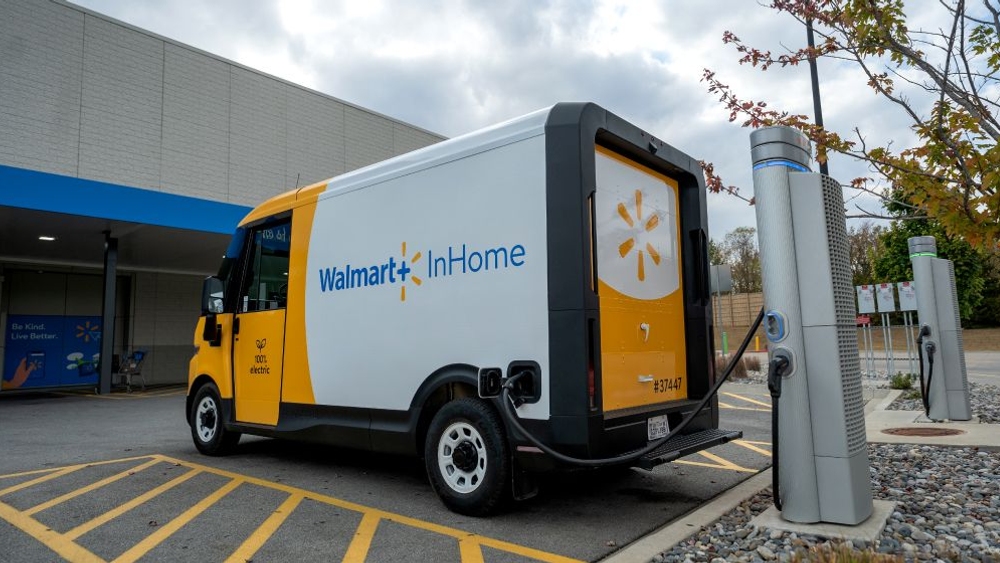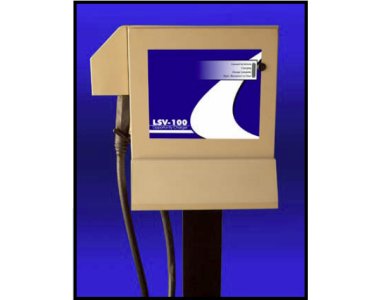
eTec is the wholly-owned and largest subsidiary of Ecotality (ETLY.OB). The company is in the business of EV charging infrastructure sales and deployment and recently received a matched $99 million government grant to study EV charging opportunities and behavior on a wide scale.
According to Don Karner, eTec's CEO, "the grant is to evaluate charge infrastructure and to try and develop a model for the effects of deployment of charge infrastructure in support of grid-connected vehicles."
The study will involve five major metropolitan areas in the US each of which will receive 1000 Nissan LEAF EVs for purchase by private individuals. eTec will install all of the chargers and infrastructure to support those cars.
"We'll deploy the infrastructure then we’ll look at how it’s being utilized" said Karner. "Then we will have various partners help us look at that data, evaluate it, and determine successes and failures."
"At the end (we'll) come out with guidance for the next 50 or the next 500 cities as to how they should most effectively deploy infrastructure," he said.
eTec has been in the electric car charging business since the 1990s. "We build both the level 2 and level 3 hardware," said Karner.
After the California ZEV mandate was dropped, eTec moved into building chargers for electric material handling vehicles mainly deployed at airports. "We’ve got like 5000 chargers deployed throughout North America in industrial applications," he said.
Now that EVs are suddenly about to take the world by storm, eTec is getting ready. "We're rolling back into fast chargers to support the auto road applications and the level 2 EVSE to support both home and commercial and public charging, said Karner.
Karner explains that a level 3 charger is the name given to fast chargers, and level 2 refers to 240 volt 32 amp home and public chargers.
Level 3 chargers typically can out put 40 kw at 200 amps. He notes a charger like that could fully recharge a Nissan LEAF's 24 kw of usable energy in about 40 minutes. He also notes these chargers cost about $20,000 to $40,000 each, which incidentally is the same as the price of a typical gas station pump.
Karner expects the two year DOE study study to allow rapid and widespread deployment of EV infrastructure, and predicts it will all happen in under 10 years.
"I think if we’re going to have a successful rollout of battery electric vehicles we have to have infrastructure to support it," he said. "This infrastructure allows the vehicles to be used in more expansive missions to allow more of what people need to do on a daily basis, and so it’s going to expand the market for those too."
Source (GM-Volt.com)
